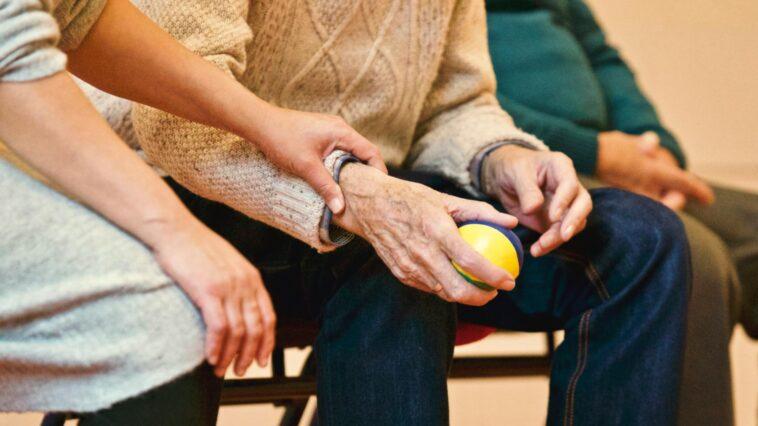A nursing home should be a safe place and, in an ideal world, you’d have complete peace of mind because you’d know your loved one has the best care and there’s nothing for you to worry about. In the real world, though, seniors living in a nursing home don’t always get all they need, and in extreme cases, they’re neglected and traumatized.
How do you go about it if it happens? The best way is to prevent it from even happening in the first place, and the staff is far less likely to neglect the senior if they know they have a family that visits them often, cares how they are, and will act if something goes wrong. Plus, visits let the seniors know they’re not alone and forgotten just because they’ve moved to a care home, so it’s a win all around.
Let’s see how to keep them safe, prevent neglect, and even improve the care they get in nursing homes.
What Regular Family Visits Do for Seniors’ Well-Being and Safety
Everyone benefits from family visits. You get to spend time with your loved one, they know they’re loved, and the staff knows that the person in their care has someone that will stand up for them if they’re not cared for properly.
Emotional Benefits of Family Visits
Imagine spending your life as an independent person, doing what you want, when you want. And then, in the blink of an eye, you’re old, unable to look after yourself, and your family worries about your safety all the time.
So, you decide to go live in a nursing home, or worse yet, you have no choice because you’re putting yourself in danger otherwise. Transitioning to a nursing home can be very hard on a person; they can start feeling lonely and like they’re losing their independence.
But if you have family visiting regularly, you’re always reminded how valued and loved you are, so your mental health doesn’t suffer nearly as much.
Observation and Assistance
Should there be anything amiss, it’ll be noticed at once during regular visits. Signs of neglect could be examined. What you’re looking for is anything out of the ordinary, such as unusual marks, loss of weight without just cause, or temperament/behavioral changes.
If you suspect that all is not well, inform the personnel without delay and request for their assistance in addressing the problematic situation. Note, however, that some personnel may not be sympathetic towards the family’s attempts at the protection of their elderly. If such (or a similar) situation does happen, you must take control of the situation as soon as possible. In these cases, you’ll want to contact a nursing home abuse lawyer.
Let the staff know you mean business and you’re ready (or already have done so) to take legal action. This (usually) will force a more friendly approach from the staff.
Building Relationships with Staff
If you come to visit all the time, you’ll inevitably get in contact with the staff because everyone will know you and you’ll know everyone.
When the staff sees how involved you are, they’ll probably want to talk to you about what’s been going on with the residents, how they’ve been feeling, and ask your opinions.
If you build a friendly relationship with the staff, your loved one will have a network of support around them and, even though they’re in a nursing home, they won’t feel alone or uncomfortable.
How to Make the Most Out of Family Visits
A visit usually doesn’t last for more than an hour or two, so you want to make sure to get the most out of the time you have with your loved one. Here’s how.
Be Consistent
Establish a routine. Consistent visits are really important because the person you’re visiting will feel safe and supported if they know what to expect. Along with regular visits, make sure to come by unannounced from time to time, just to keep the staff on their toes.
If the staff is not expecting you, you’ll get a clearer picture of how things work when no family is around and you’ll be able to tell if the senior is getting quality care at all times.
Communicate Clearly
Communication is everything and it’s how you stay informed. Take the time to talk to both the staff and your loved one each time you come by. Consult the caregivers regarding schedules, events and any information regarding the progress of your kin/loved one.
Also, it is an opportune moment to express concerns that one may have. If you do not raise any concerts, the staff/facility might be under the impression that everything is in order. Naturally, however, it’s also essential to focus on your elders so as to check on their mood and ensure they’re happy and content.
Conclusion
There is generally a negative connotation when people decide to move into a nursing home (e.g., “they’re trying to get rid of their old parents”, “their children don’t care”, etc.), but the reality is that nursing homes are there for a purpose.
And provided you choose the right one, your relative will be well taken care of and protected – which is important. It will also be a positive change for you because you’ll no longer be worried to death about their safety.
And if things go wrong, don’t be silent about it. let the staff know what you’re concerned about and, if they’re unwilling to cooperate, there’s always legal action.







Comments